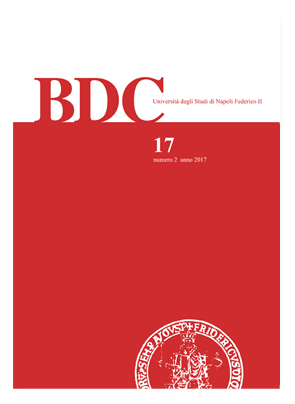MULTIDIMENSIONAL ASSESSMENT FOR URBAN REGENERATION: THE CASE STUDY OF POZZUOLI (ITALY)
DOI:
https://doi.org/10.6092/2284-4732/6041Abstract
Cities are home to a growing percentage of the world’s population. As the world continues to urbanize, sustainable development challenges will be increasingly concentrated in cities.
For this reason, the city’s organizational structure is being increasingly questioned. The multidimensional perspective of sustainable development implies a systemic and integrated approach that requires new assessment tools able to capture the multidimensional impacts of cities transformation/regeneration. This paper aims to contribute to the international debate about the role of cities in the achievement of sustainable development and to make operational concepts in the evaluation field driving transformations of cities and territories. The case study of Pozzuoli (Italy) represents a concrete implementation of a proposed methodology for assessing the multidimensional impacts of city regeneration projects using multicriteria evaluation methods.
Keywords: multidimensional indicators, NAIADE method, MacBeth method

